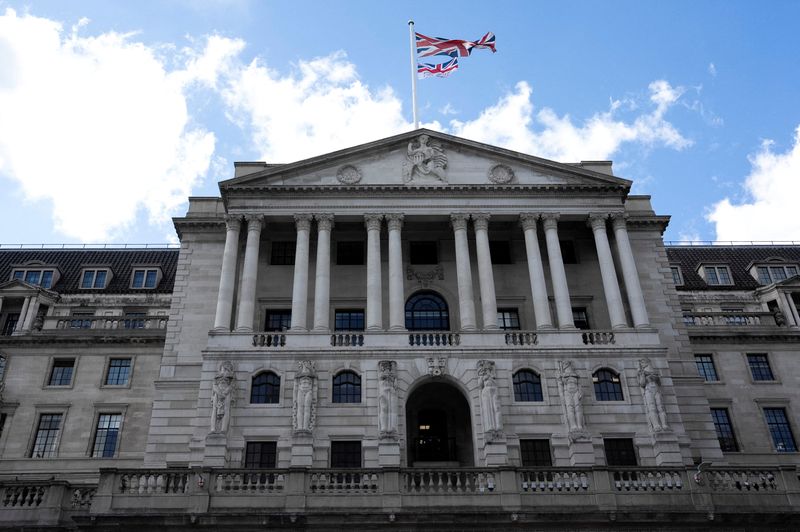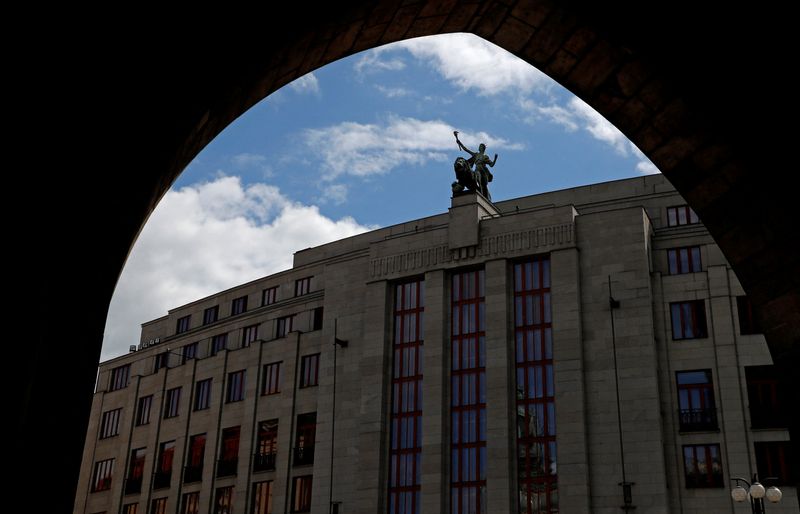Fed's independence has global importance, Williams says
PositiveFinancial Markets

Fed's independence has global importance, Williams says
John Williams, president of the Federal Reserve Bank of New York, emphasized the critical role of the Fed's independence in maintaining global economic stability. He argued that a strong and autonomous central bank is essential for effective monetary policy, which in turn influences interest rates and economic growth worldwide. This independence helps to build trust among investors and supports the overall health of the global economy.
— via World Pulse Now AI Editorial System







